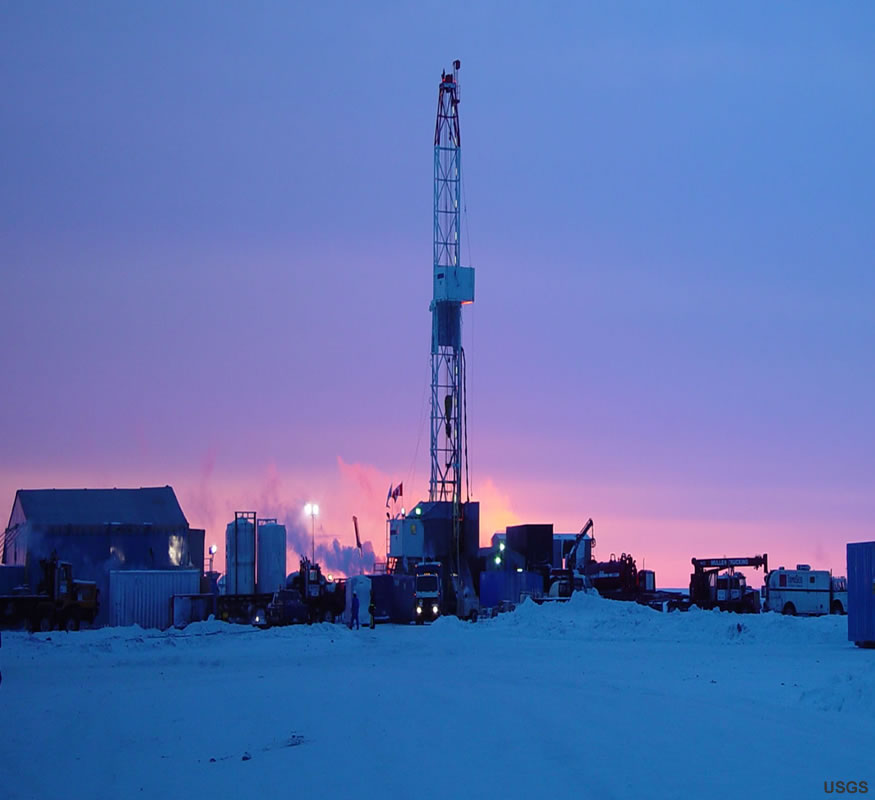The Deadly Scramble for the World’s Last Resources
By Julian Brookes | Apr 13, 2012

For better or worse, a lot of the things we humans like about the way we live now – from electric lighting and indoor plumbing to global travel, advanced medicine, flat-screen TVs, and iPhones – depend on our ability to suck, scrape and blast stuff out of the earth. And not just obvious stuff, like oil, coal, and natural gas; modern life, with all its wonders and comforts, is brought to you by a huge array of natural resources, from metals like copper (used in electrical wiring) and iron ore (steel), to minerals like lithium (batteries) and tantalum (cell phones), to so-called “rare earth elements” (lasers, fiber optics, hybrid car engines, iPads and more). Some are more important than others, of course, but if even a few of them were to run out, we’d be in bad shape.
Well, here’s the thing: These critical resources are running out. Virtually all of them.
The world is hurtling towards what author Michael Klare calls “a crisis of resource depletion.” In a new book, Klare drops the stunning news that the earth’s easily accessible supplies of oil, coal, gas, metals, minerals, rare earths and even water and food are disappearing fast, plunging governments and corporations into a balls-to-the-wall “race for what’s left.” And what’s left is, above all, hard to get at – it’s under the Arctic ice, deep below the ocean floor, in tar sands and shale, and in war zones, like Afghanistan and the Democratic Republic of the Congo. Getting at it is becoming more and more dangerous, both environmentally – we can expect to see more Gulf-style disasters as companies breach the “final frontiers” of resource extraction – and politically, as countries clash more and more over who gets what.
Holy crap, right? But there’s a (somewhat) hopeful part: For some of these resources, there are substitutes (say, renewables in place of oil), and if we pick up the pace in developing them, we won’t have to plunder the planet quite so much; in other cases, we’ll just need to learn to do more with less (conservation, efficiency). The essential thing, says Klare, whose new book is called The Race for What’s Left, is to start figuring this stuff out right now.
Rolling Stone recently got Michael Klare on the phone to talk about “peak everything,” the mad scramble for the world’s last resources, and our stark choice of futures.
You say we’re facing a “crisis of resource depletion.” Are we there yet? Are these must-have resources already disappearing?
They’re not disappearing, but many of them are facing rapid decline and depletion. Virtually all of the easily accessible resources are now gone, so were going to need to replace them with new sources of supply.
How can you be sure we’re at “the final frontiers,” as you put it, of resource extraction?
When you look at what’s being developed today, whether it’s the deep oceans or the Arctic or shale gas and shale oil, you’re seeing levels of investment costs and danger that are unprecedented, and levels of environmental risks that are unlike anything we’ve seen before. You wouldn’t go to these lengths if easier resources were available.
If I read you right, conflict is pretty much inevitable as countries compete to scoop up as much of what’s left as they can. Is this already happening?
There’ve been some testy moments. Russia and Norway have had some naval show of force up in the Bering Sea, but they’ve resolved that for the time being. The East China Sea and the South China Sea, where you have disputed off shore oil and gas fields, are exceedingly tense; we’ve seen naval clashes between Japan and China and between China and Vietnam and the Philippines. And now President Obama has said that the U.S. is going to become more deeply involved in those areas.
And things could get pretty hairy up in the Arctic.
The Arctic has been totally neglected up until now, but it’s seen as the most promising future source of oil and natural gas, so suddenly it has become valuable real estate. Suddenly, national boundaries that nobody cared about before are becoming very important. Ironically, this is partly because the ice sheet is shrinking thanks to climate change, and so you can drill more of the year. Russia claims almost half of the entire Arctic region as its national territory and is seeking to dominate as much of the region as possible. Russian President Vladimir Putin has said he’s going to build up Russia’s military capabilities in the Arctic in years ahead to protect it against anybody else coming in there. But other countries also have claims in the area: Norway, Canada, and Greenland, which is ultimately controlled by Denmark and the United states, so you could have a very intense geopolitical competition for control over these future resources.
Read more: http://www.rollingstone.com/politics/blogs/national-affairs/the-mad-scramble-for-the-worlds-last-resources-20120319#ixzz1rvhtspRe















